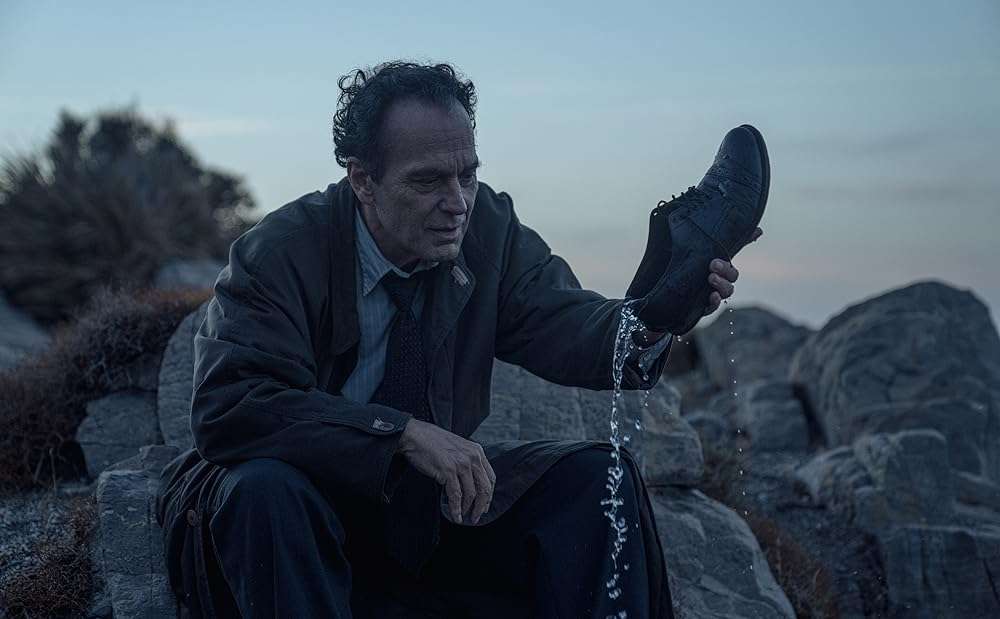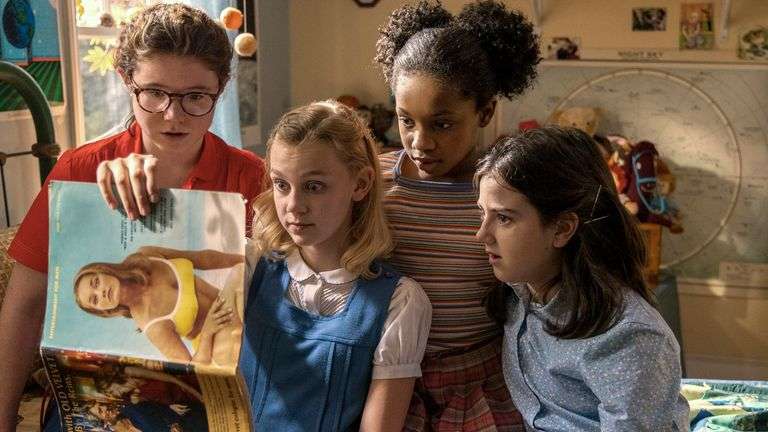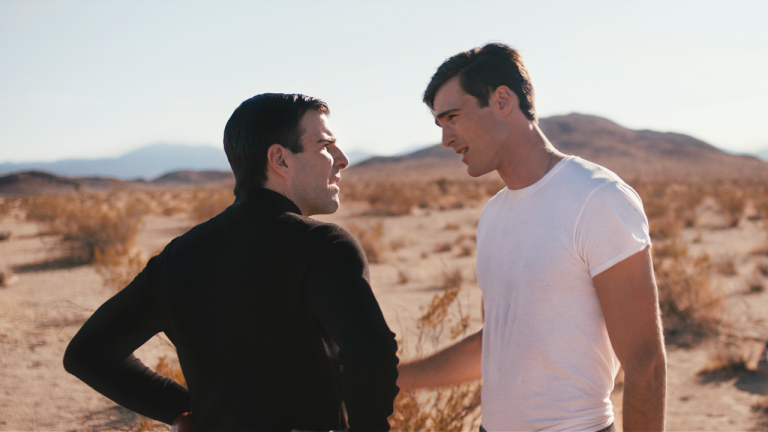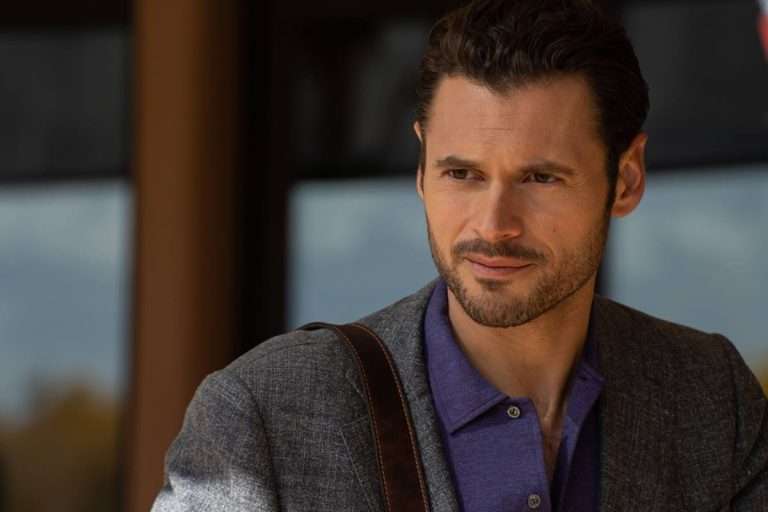“Close Your Eyes” (Original Title: Cerrar los ojos) is a slow-burn poetic cinema as Victor Erice frames this narrative through his usual lens of longingness and absence. Manolo Solo, as Miguel Garay, epitomizes the all-empathetic man thrust into the spotlight when he engenders himself in search of his missing friend and the protagonist of his film through a fictional investigative television show. Garay’s inability to finish the film and his premature retirement also made sure that he went into relative exile from the world of cinema itself as well.
The film’s progression is characterized by Garay, who is returning to his old haunting ground of Madrid while participating in the show to talk about his friend’s disappearance, which was termed as a suicide. His return to the city briefly also brings his old relationships into the limelight. Erice ensures that “Close Your Eyes” is punctuated by bouts of loneliness. This is a crucial cinematic element that Erice explores through which he is able to foreshadow the sense of longingness in his characters as well. Even though he has become a recluse writer in a smaller town, living in his trailer, Garay is overjoyed when he meets his old friend and former lover. This sense of loneliness, followed by bouts of intense passion, is the ultimate dialectical understanding of cinema that Erice creates.
Even though “Close Your Eyes” essentially talks about sadness, the audience isn’t manipulated to feel sad for Garay. The ultimate fetishization of sadness and absence is missing when it comes to the relationship between the audience and the characters. The audience is made to feel the pain of a missing friend, but they are never made to feel sorry for Garay. When Arenas’ daughter is portrayed as being cold and distant towards her father, she is also shown in such a manner that the audience is not mad or angry but is understanding of her stance and why she is saying what she is saying.
Loss is one of the prominent motifs actualized in the narrative. The reaction to loss also becomes the subject of study in “Close Your Eyes.” The director loses not only his friend but also loses his son to an accident, his lover, and his love for cinema in the process. Loss can only be understood if you remember what you have lost. Erice’s short film “Lifeline” (2002)gives us a direct entry to the heart of “Close Your Eyes.” Prolonged absence can only be felt if the memory of loss is associated with it. Garay’s emergence in Madrid opens up these memories of loss, this loss of friendship, love, and the reaction to the loss of one’s own son.

Garay’s entire life can be summarized within a few minutes as he stays in his trailer in a land that can be gone within the blink of an eye. The new friends in his small town are also transient relationships that do not have the longevity of the friend he has lost. He has become a man of few possessions. Even though he doesn’t want to find his friend, he still goes when the TV station contacts him. When he is told that his friend is alive but has no memory of who he is, he travels all the way to a nursing home to find the truth of whether he actually is his missing friend or not. Erice makes this relationship between Arias and Garay the ultimate redemption arc for Garay and, by extension, his cinema.
In a scene where Max, played by the inimitable Mario Pardo, takes Garay to this archive to give him his film cans, he symbolizes life with how cinema can be stored in small memory cards. This is also a direct reference to the idea that modern-day human beings have become increasingly fragmented, and their lives have become so small that there is nothing but to store it all in a microchip. This relation drawn between cinema and life is Erice’s visual poetry flowing on-screen with unbridled joy. Garay, after meeting his friend, now known as Gardel, struggles to understand how Arias/Gardel can be at peace while he has only known chaos and grief.
Even though Gardel has found structure in his work, he can’t seem to write even a page to save his life. In a poignant scene, Garay describes how Arias might have faked his own death. This is a significant scene in the film, as it opens up a portal to Garay’s mind. His longing to be alone and not be disturbed in a way where nobody even recognizes him or looks for him is fulfilled through his friend, who has lost all memory of who he is. So when he tries to reconcile Arias and his daughter Ana, he finally takes the help of cinema. The form plays a huge part, and he shows the climax of his film to Arias. He closes his eyes when he sees the ending, simultaneously moving him and the audience to tears.
The film’s construction is significant as the characters play their role to perfection. The film’s identity lies in the small details of how Erice constructs the transitory property of memory. Moreover, the scene where the film is being shown is also Erice’s nod to the filmmaking process, as it finds a vibrant presence in the film. The tripartite relationship between absence, memory, and loneliness and Garay’s final redemption through his film finally had a purpose as his film was about making sure that the father and daughter in his fictional film also reconcile, and here, he tries to replicate reality through the identity of cinema. Garay’s redemption through his film is a fitting end to “Close Your Eyes,” as he finally relishes the potential of what cinema can do.



![Once Upon a Time in Anatolia [2011] : A Criminal Fairy Tale](https://79468c92.delivery.rocketcdn.me/wp-content/uploads/2016/05/vlcsnap-2016-04-13-13h05m13s099-768x326.png)

![The Tonal Difference between Peter Rabbit [2018] and Christopher Robin [2018]](https://79468c92.delivery.rocketcdn.me/wp-content/uploads/2018/03/Untitled-768x308.png)

![Cartel Land [2015]: On the Frontlines of Narco Culture](https://79468c92.delivery.rocketcdn.me/wp-content/uploads/2015/11/1401x788-15282-1-1100.jpg)